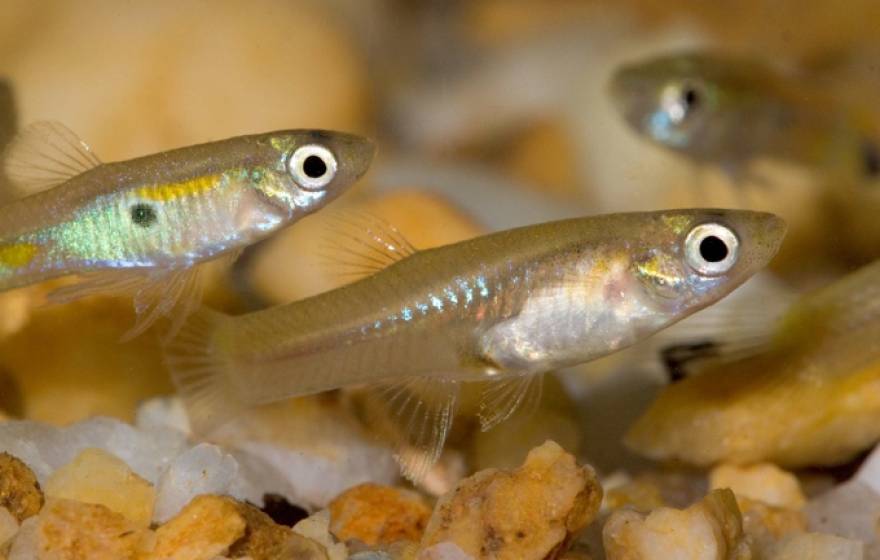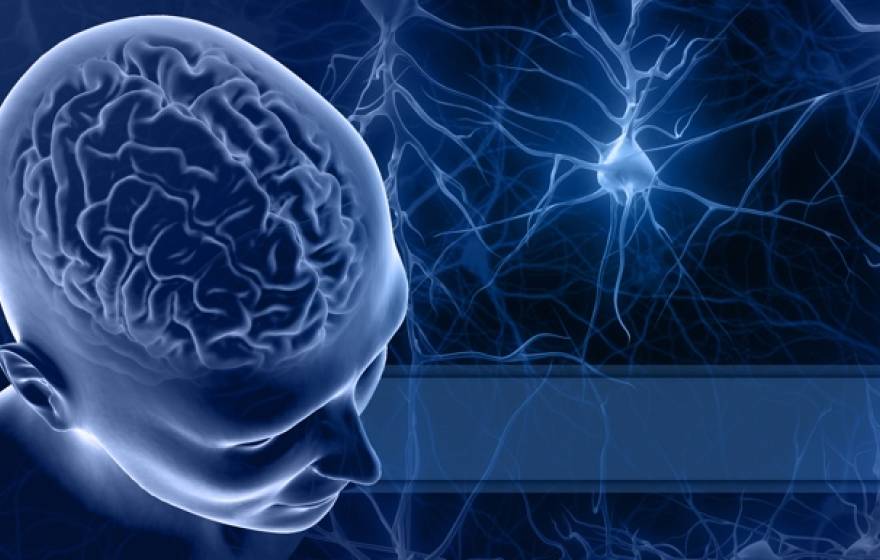UCLA |
Antihistamines may increase pregnancy risks for women with severe morning sickness
Antihistamines used as nausea remedy may carry risk of premature birth, low birth weight.
UC Riverside |
New book explains extraordinary gender differences in animal kingdom
Riverside biologist's new book proclaims 'vive la difference.'
UC Riverside |
Male guppies reproduce even after death
Fish sperm survives in females for 10 months or more — much longer than the male fish.
UC San Francisco |
Scientists map process for brain cells forming long-term memories
Scientists study protein and neurons, and map process by which our enduring memories are retained.
Lawrence Berkeley National Laboratory |
More fresh air in classrooms means fewer absences
Open windows in the classroom helps keep those seats filled.
UC Davis |
Remote-controlled helicopter tested for use in vineyard applications
Remote-controlled helicopter tested for use in vineyard spraying.
UC Davis |
Climate change threatens native fish with extinction
Salmon, other California freshwater fish are likely to disappear if current climate trends continue.
UC Davis |
Mutts aren't always healthier
Purebred dogs not always at higher risk for genetic disorders.
UC Davis |
Non-wetting fabric drains sweat
New fabric works like human skin, forming excess sweat into droplets that drain away by themselves.
UC Berkeley |
Our emotions match music to colors
Whether we’re listening to Bach or the blues, our brains are wired to make music-color connections depending on how the melodies make us feel.
UC Berkeley |
Racial minorities live on the front lines of heat risk
Fewer neighborhood trees and heat-retaining hard surfaces add up to sweltering conditions for many people of color.
UC Davis |
Nanomaterials cause big problems for lungs
Ultrafine particles, found in a host of common products, are linked to lung inflammation, other damage.






